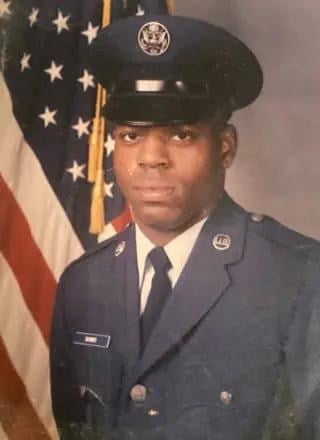
In the blink of an eye, Jillian Allen went from overseeing a sexual assault services department to creating an entirely new one.
The Sexual Assault Services Program Director for CONTACT of Burlington County said the COVID-19 pandemic has challenged her team to completely rethink the way it provides services.
Based in Moorestown, CONTACT is the designated provider in Burlington County for the National Suicide Prevention Lifeline and the Rape, Abuse & Incest National Network. Typically, Allen’s department provides in-person support to victims of sexual assault.
Staff at CONTACT use guidelines from the New Jersey Coalition Against Sexual Assault. Trained confidential advocates accompany victims at hospitals, police stations and court. CONTACT also offers counseling for victims and their significant others.
Allen said the staff’s priority has been to continue providing services while doing so in the safest way possible since the COVID-19 pandemic. HIPAA privacy laws require CONTACT to keep all information on a confidential drive, so the staff has been given remote access to securely log into their work computers from home.
CONTACT still holds both individual and group counseling remotely, and to ensure privacy, it purchased HIPAA-protected video conferencing to ensure outside parties don’t have access.
To further protect its clients, CONTACT is ordering white noise machines for staff. Allen said that with staff working from home, CONTACT wants to ensure that anyone who lives with an abuser is not being overheard during counseling sessions. In the meantime, counselors were given strict rules about where in their homes they can talk to clients, how their setup must look and ways they can keep conversations protected.
“Just as much as the person who is coming to us for support needs to have a safe and private environment, so does the counselor,” Allen explained. Her department has also given extensive consideration to how clients can stay safe on their end. CONTACT understands that clients may not feel safe having a session if they live with an abuser, or for any number of other reasons. So, the organization has discussed different scenarios with victims, such as: “Do you need to excuse yourself if someone comes home?” “Do you need a code word?” “Who do you need me to be if someone comes home?”
Allen said victims have discussed with counselors how virtual counseling means safety planning moment to moment.
“We are really considering any way safety could be jeopardized,” she added.
CONTACT has also made special arrangements for confidential advocates to provide support over the phone. Two to three advocates are lined up at any given time to provide support. They typically meet with victims in person, but given the current guidelines on social distancing, they are now prepared to provide aid over the phone, which Allen admits can be disheartening.
CONTACT understands there is value to having a neutral, third party present who isn’t a nurse or police officer. But due to the overwhelming restrictions on visitors at hospitals, the staff has had to readjust its approach.
“It’s been very difficult to accept that,” Allen admitted.
One silver lining is that CONTACT has increased its reach as far as who can attend counseling. For clients who may have had difficult work schedules, who couldn’t find child care or who couldn’t attend for another reason, can now attend group or individual counseling with regularity.
Allen said the most important thing the organization wants people to know is that they don’t have to have called police or already gone through counseling to get help from CONTACT. Staff is ready to help anyone who needs any form of support related to sexual violence.
CONTACT’s Sexual Assault Services can be reached at (856)600-4800. To learn more, visit https://contactburlco.org.







